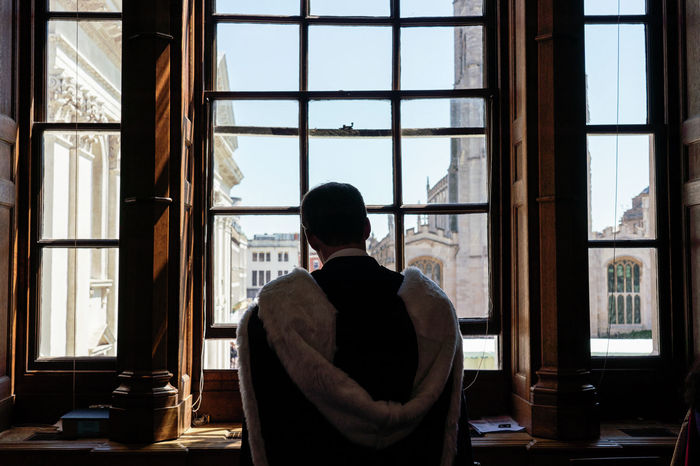Cambridge backs tuition fee hike
A group statement from the Russell Group’s head welcomed the rise in fees, while the SU has pledged to lobby for more financial support

Cambridge has backed the government’s plans to increase tuition fees, while the Students’ Union has called on the University to pledge more financial support to ease the burden on students.
This week, the government announced plans to hike tuition fees for English universities in line with inflation. This means that fees will rise to £9,535 next year, despite having been frozen at £9,250 since 2017.
Education secretary Bridget Phillipson also announced a rise in the amount of maintenance loan which can be claimed by students, in a measure designed to soften the blow of rising fees.
Announcing the policy, Phillipson said: “This government’s mission is to break down barriers to opportunity, which is why we are doing more to support students struggling with the cost of living despite the fiscal challenges our country faces.”
Both fees and maintenance loans will rise in line with RPIX inflation, which is currently forecast at 3.1%. The Conservatives accused the Labour government of hypocrisy following the announcement, due to Keir Starmer having pledged to abolish tuition fees in 2020.
The Russell Group, an alliance of top UK universities of which Cambridge is a member, has welcomed the measures. Its head, Professor Chris Day, said that the government is “engaging seriously with the financial difficulties facing universities and students”.
“Ensuring a secure future for our sector will be crucial to supporting the pipeline of skills and new discoveries required to drive innovation, improve the UK’s public services, and boost economic growth,” he said.
Cambridge’s Students’ Union (SU), however, has told Varsity that they are “concerned” that the fee rise will create “another barrier for students from low income backgrounds”.
Sarah Anderson, SU undergraduate president, said: “We urge the University to consider the implications this will have for access to Cambridge. We will continue to lobby them to increase existing bursary support in line with inflation, and create additional support for students who face financial hardship but don’t qualify for existing funds.”
These concerns were shared by the National Union of Students (NUS), which has claimed that poorer students will face “an even higher burden of debt” after graduating, because maintenance loans are means-tested.
Alex Stanley, higher education vice-president at the NUS, said: “Higher education is in crisis right now. Students are being asked to foot the bill to literally keep the lights and heating on in their uni buildings and prevent their courses from closing down.”
A Cambridge student who receives a full bursary and faces another year of study told Varsity that the University’s support for higher fees shows that its access policy is “superficial”.
“I am grateful for the financial support the University has offered me, but considering Cambridge is the one of the richest institutions in the country, calls for higher fees makes much of this support ring hollow,” they said.
Another second-year student said: “I can’t help but feel this was an abject failure on the government’s part to stand up for students who are dependent on them for a higher education.”
A spokesperson for the University of Cambridge told Varsity: “The University provides a range of support which includes one of the most generous bursary support packages in the UK. The Cambridge Bursary Scheme makes over £10m of funding available every year and offers support of up to £3,500 a year for full-time undergraduate students whose household income is less than £62,215 a year.”
“We also have a Financial Assistance Fund that offers support for students experiencing unforeseen financial difficulties. Last year we increased the amount available to any one individual from that fund from £2000 to £3000 to reflect the cost-of-living crisis,” they said.
 News / CUP announces funding scheme for under-represented academics19 December 2025
News / CUP announces funding scheme for under-represented academics19 December 2025 News / SU reluctantly registers controversial women’s soc18 December 2025
News / SU reluctantly registers controversial women’s soc18 December 2025 News / Cambridge welcomes UK rejoining the Erasmus scheme20 December 2025
News / Cambridge welcomes UK rejoining the Erasmus scheme20 December 2025 Features / Should I stay or should I go? Cambridge students and alumni reflect on how their memories stay with them15 December 2025
Features / Should I stay or should I go? Cambridge students and alumni reflect on how their memories stay with them15 December 2025 Film & TV / Timothée Chalamet and the era-fication of film marketing21 December 2025
Film & TV / Timothée Chalamet and the era-fication of film marketing21 December 2025










